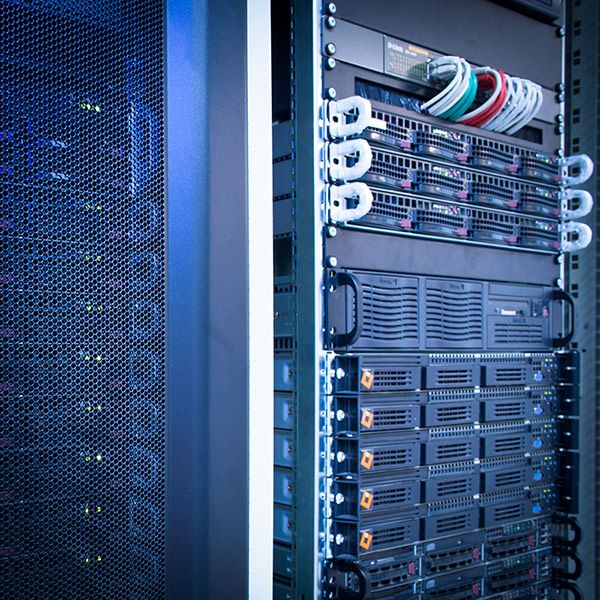Industrial and systems engineers who graduate from Lehigh University go on to design, improve, and optimize processes, systems, products, and services. They use their problem-solving and analytical skills to find ways to make processes better, easier, cheaper, and safer. They devise ways to shorten lines at amusement parks, speed up global UPS delivery systems, optimize operating room processes, and more.
In today's competitive marketplace where continuous improvement and cost containment are paramount to survival, systems engineers are sought-after professionals. The field has expanded from its roots in designing manufacturing systems to include service systems and computational engineering across broad industry sectors, including transportation, logistics, financial, telecommunications, energy and health care. Lehigh's ISE department, one of the most highly regarded in the United States, has led much of this transformation.
Why Industrial and Systems Engineering?
- Because you want to spend your days finding ways to make complex processes like amusement park lines, global UPS delivery systems, and hospital operating rooms more efficient
- Because you want to use your problem-solving and analytical skills to find better, easier, cheaper, and safer ways of doing things
- Because you enjoy engineering, science, and math and want to apply your skills to managing complex systems
- Because you want to pursue both business and engineering in a flexible, innovative, and challenging program
What sets us apart
Lehigh's program offers rigorous training in engineering principles while providing students with opportunities to think critically and analytically, work collaboratively, and acquire the skills to comprehend and create new knowledge.
Industrial and systems engineering students at Lehigh benefit from the department's strong interaction with industry, particularly through a well-established capstone senior design course where student teams work on real industry projects with companies large and small. State-of-the-art lab facilities across campus allow students to become familiar with advances in their field in computing, electronics, manufacturing, robotics and automation, and manufacturing technology.
Industrial and systems engineering professors have published well-recognized research in logistics, engineering economy, optimization and operations research. Others have written some of the best-known textbooks in the world on manufacturing processes, automation, robotics and production systems. Professors and students alike have won dozens of prestigious awards from the Institute of Industrial Engineers, the field's premier professional organization. Industrial and systems engineering faculty also maintain an active global presence, serving on international boards of professional societies and collaborating with researchers in Europe, Asia and Australia. The department has strong ties with other leading universities in graduate research and education.

